The New Museum Realises Late Curator Okwui Enwezor’s Vision For An Exhibition Exploring Black Grief
By Something CuratedIn 2018, New York’s New Museum invited influential Nigerian curator Okwui Enwezor to organise the exhibition Grief and Grievance: Art and Mourning in America. Around that time, Enwezor was also developing a series of public talks for the Alain LeRoy Locke Lectures at Harvard University focused on the intersection of Black mourning and white nationalism in American life as articulated in the work of contemporary Black American artists. The argument put forth in this series, which he unfortunately was unable to deliver, informed the ideas Enwezor would use as the basis for Grief and Grievance. Between the fall of 2018 and March 2019, Enwezor tirelessly worked on Grief and Grievance, drafting his thesis for the exhibition, compiling lists of artists and artworks, selecting the catalogue contributors, and speaking with many of the invited artists.
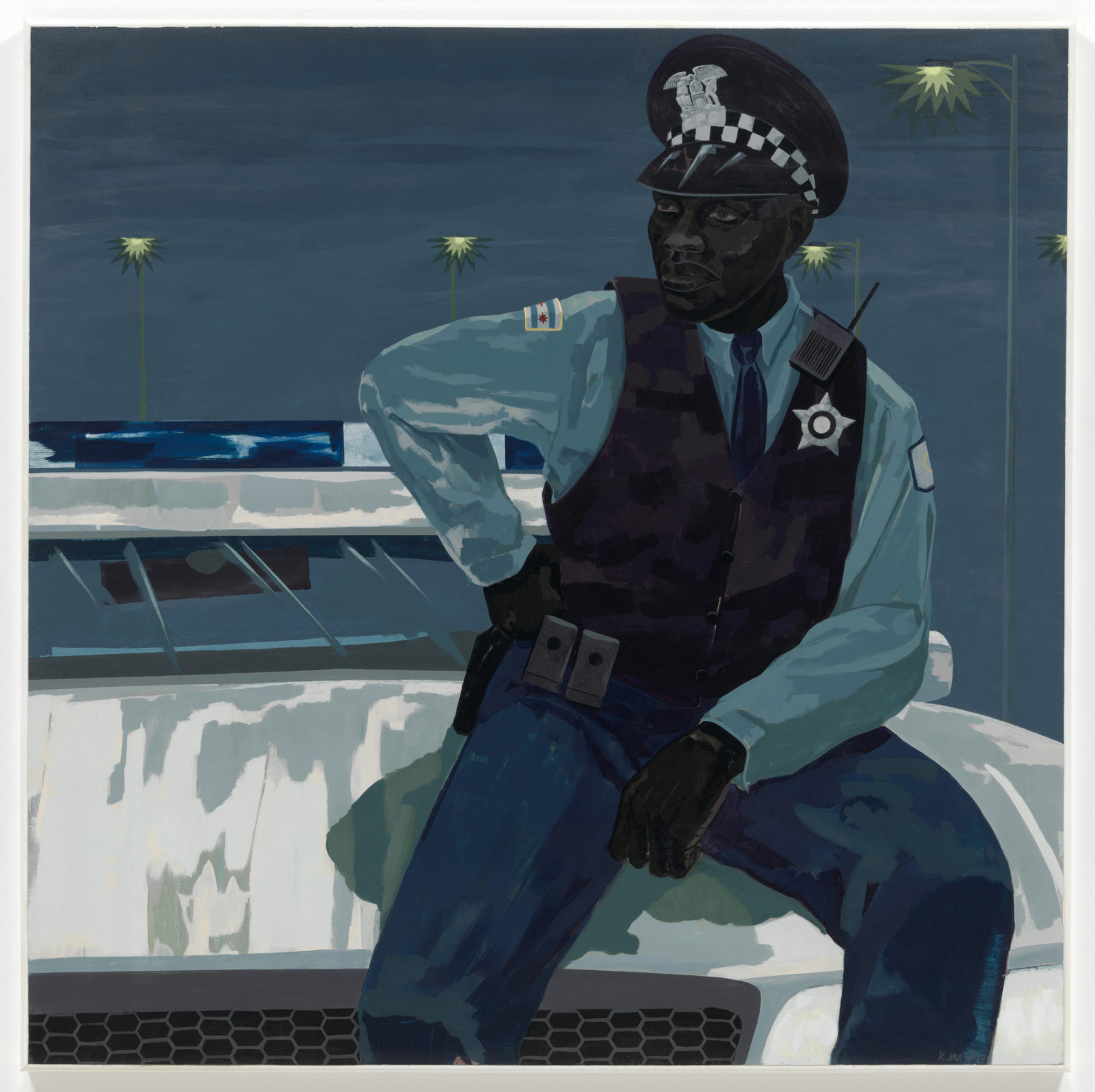
Marie-Josée Kravis. © Kerry James Marshall. Courtesy the artist and Jack Shainman Gallery, New York
In January 2019, Enwezor asked the artist Glenn Ligon to serve as an advisor to the exhibition. Given the advanced state of planning and the importance of the exhibition, following Enwezor’s death on 15 March 2019, and with the support of his estate and of many of his friends and collaborators, the New Museum established an advisory team, comprised of longtime collaborators and friends of Enwezor including Glenn Ligon; Mark Nash, Professor at the University of California in Santa Cruz, and co-curator of many of Enwezor’s projects, including The Short Century and Documenta 11; and Naomi Beckwith, the Senior Curator of the Museum of Contemporary Art in Chicago, whom Enwezor had chosen as one of the jurors of his 2015 Venice Biennale. With the assistance of Massimiliano Gioni, Artistic Director at the New Museum, this curatorial advisory group worked together to realise and interpret Enwezor’s vision for Grief and Grievance.
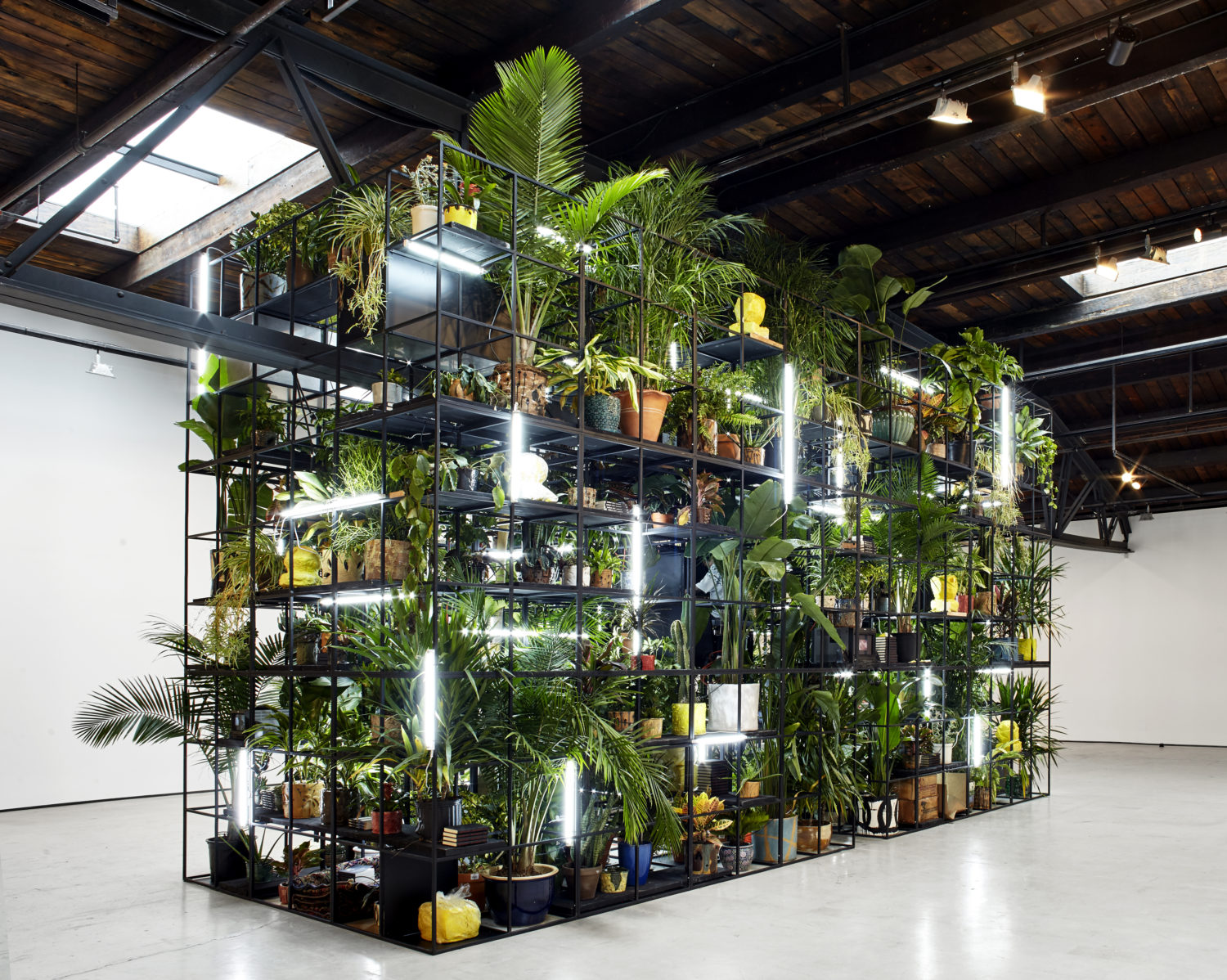
On view from 27 January to 13 June 2021, Grief and Grievance will be an intergenerational exhibition, bringing together thirty-seven artists working in a variety of mediums who have addressed the concept of mourning, commemoration, and loss as a direct response to the national emergency of racist violence experienced by Black communities across America. The exhibition further considers the intertwined phenomena of Black grief and a politically orchestrated white grievance, as each structures and defines contemporary American social and political life. Included in Grief and Grievance are works encompassing video, painting, sculpture, installation, photography, sound, and performance made in the last decade, along with several key historical works and a series of new commissions created in response to the concept of the exhibition.
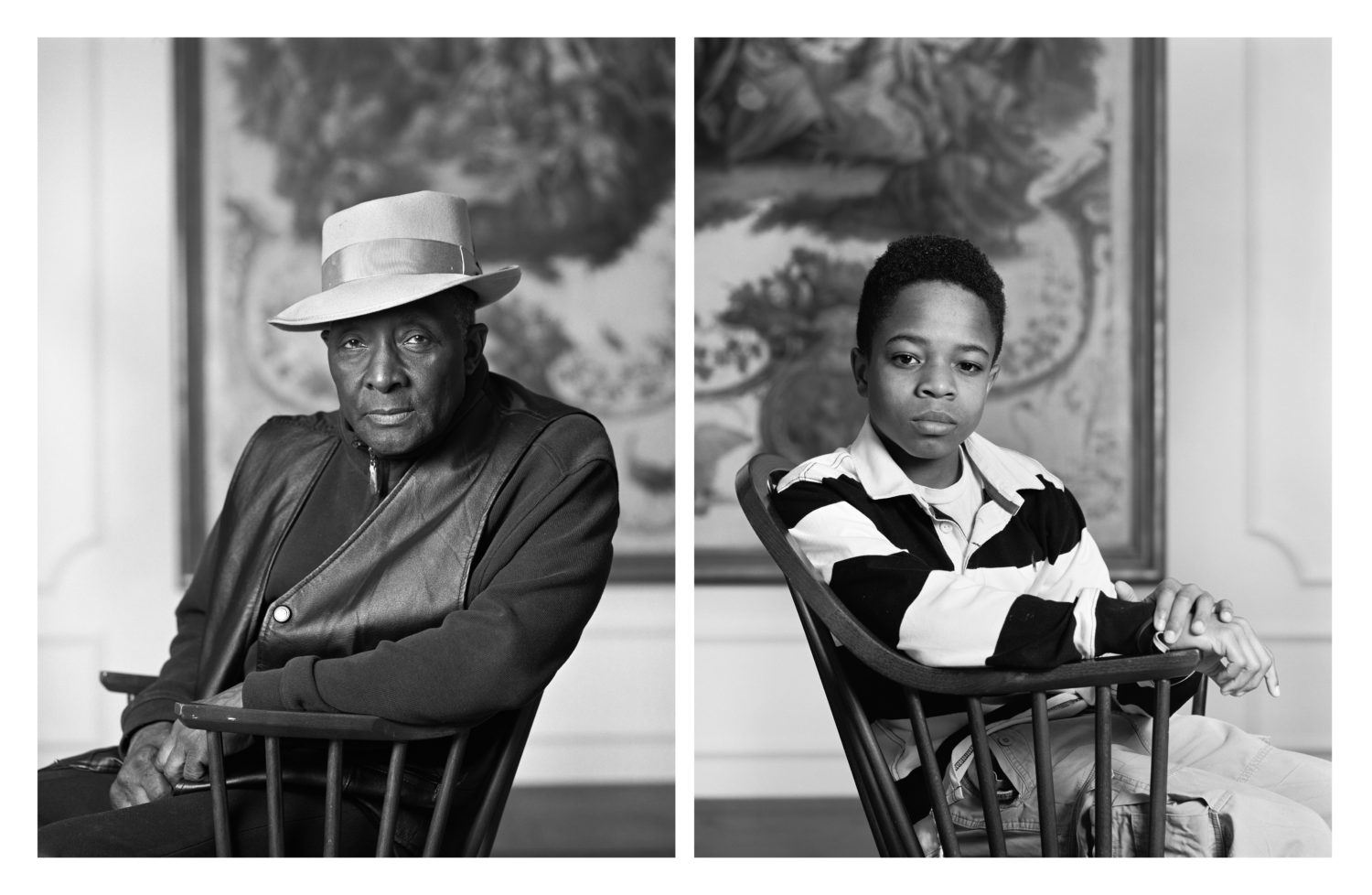
The artists on view will include: Terry Adkins, Jean-Michel Basquiat, Kevin Beasley, Dawoud Bey, Mark Bradford, Garrett Bradley, Melvin Edwards, LaToya Ruby Frazier, Charles Gaines, Ellen Gallagher, Theaster Gates, Arthur Jafa, Daniel LaRue Johnson, Rashid Johnson, Jennie C. Jones, Kahlil Joseph, Deana Lawson, Simone Leigh, Glenn Ligon, Kerry James Marshall, Tiona Nekkia McClodden, Julie Mehretu, Okwui Okpokwasili, Adam Pendleton, Julia Phillips, Howardena Pindell, Cameron Rowland, Lorna Simpson, Sable Elyse Smith, Tyshawn Sorey, Diamond Stingily, Henry Taylor, Hank Willis Thomas, Kara Walker, Nari Ward, Carrie Mae Weems, and Jack Whitten.
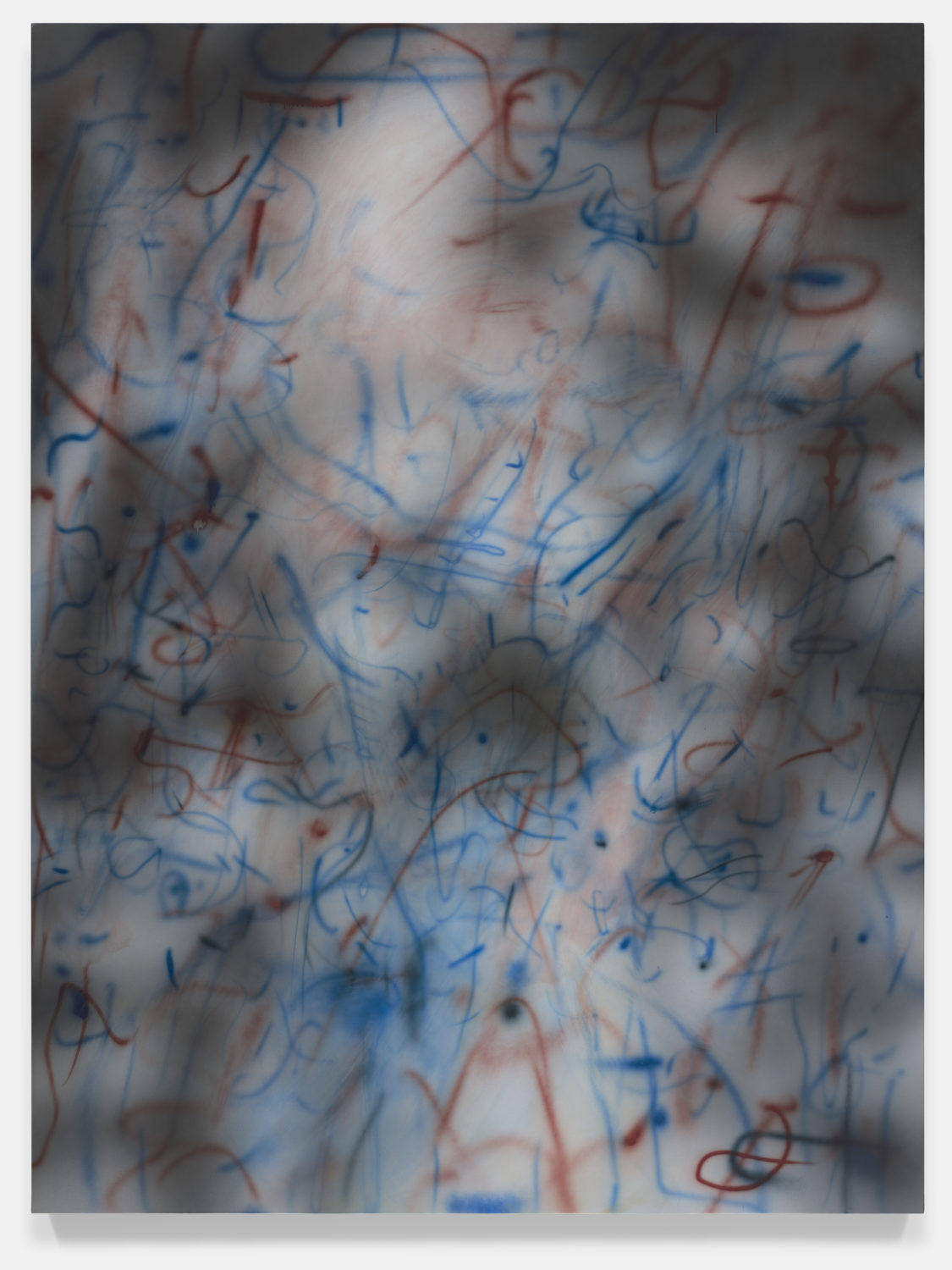
Since he began work on the project, Enwezor had expressed a desire to open the exhibition in proximity to the American presidential election, as a powerful response to a crisis in American democracy and as a clear indictment of Donald Trump’s racist politics. Although the COVID-19 pandemic has delayed the opening of the exhibition, the works included in the exhibition speak powerfully to America’s past, present, and future. Enwezor saw Grief and Grievance as one of his most personal projects, and one of his most political. Within Grief and Grievance, mourning can be seen as a distinct form of politics, one that refuses a singular melancholy in favour of multifaceted forms of critique, resistance, and care. As Enwezor wrote in his initial narrative for the exhibition, “with the media’s normalization of white nationalism, the last two years have made clear that there is a new urgency to assess the role that artists, through works of art, have played to illuminate the searing contours of the American body politic.”
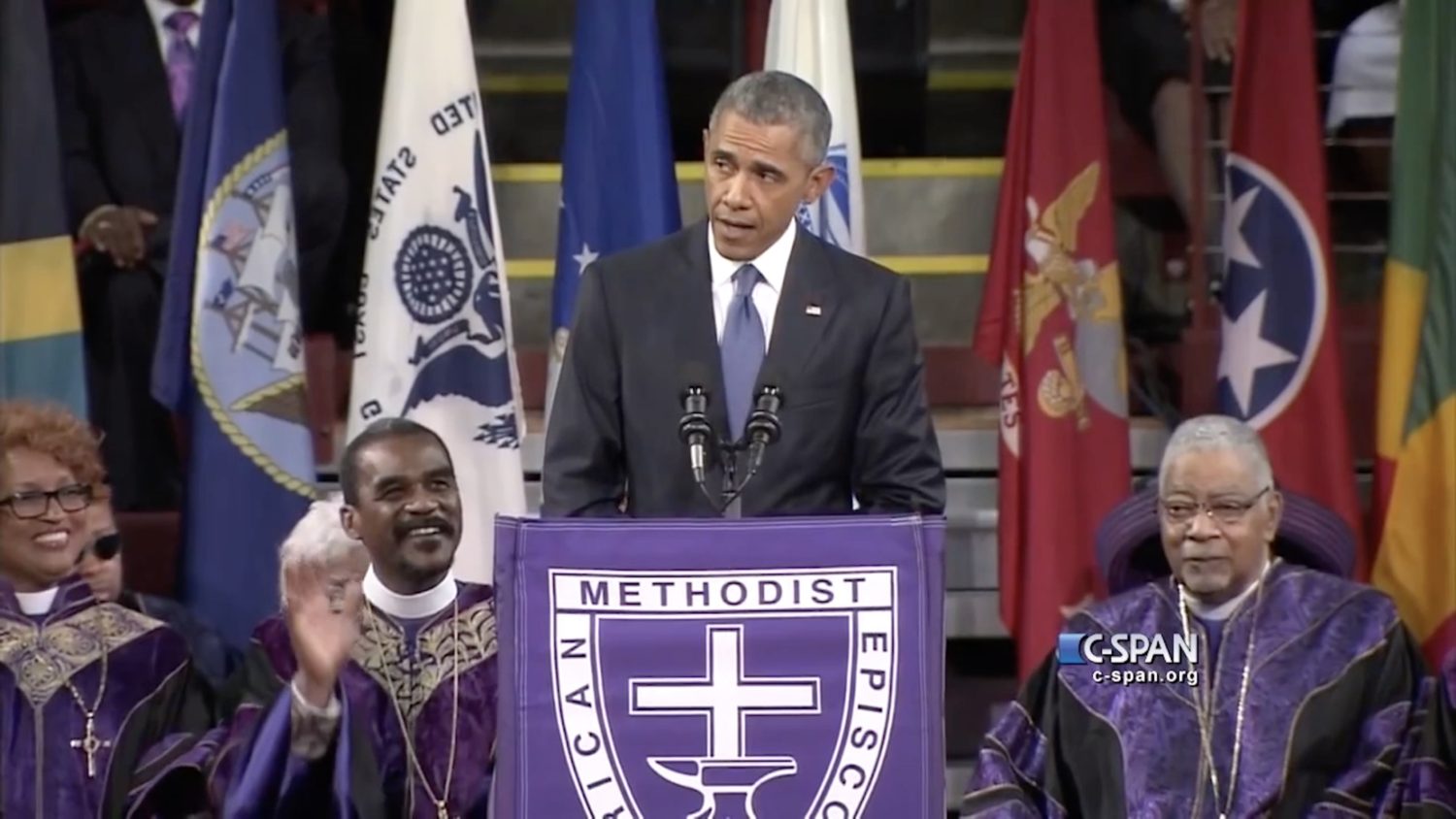
Lisa Phillips, Director, New Museum, states: “Grief and Grievance: Art and Mourning in America is a tribute to Okwui Enwezor’s courage, relentless focus, and fierce intelligence as a giant in our field and one of the most important curators of his generation. His presence remains vivid, as does his legacy to transform the history of art and exhibition-making. We are honored that Okwui embraced our invitation to present his exhibition at the New Museum, which confronts the uncomfortable truths and ongoing pain of racial injustice in America. On the eve of a presidential election where the stakes have never been higher, Okwui’s vision and the voices of the artists selected for this exhibition could not be more relevant.”
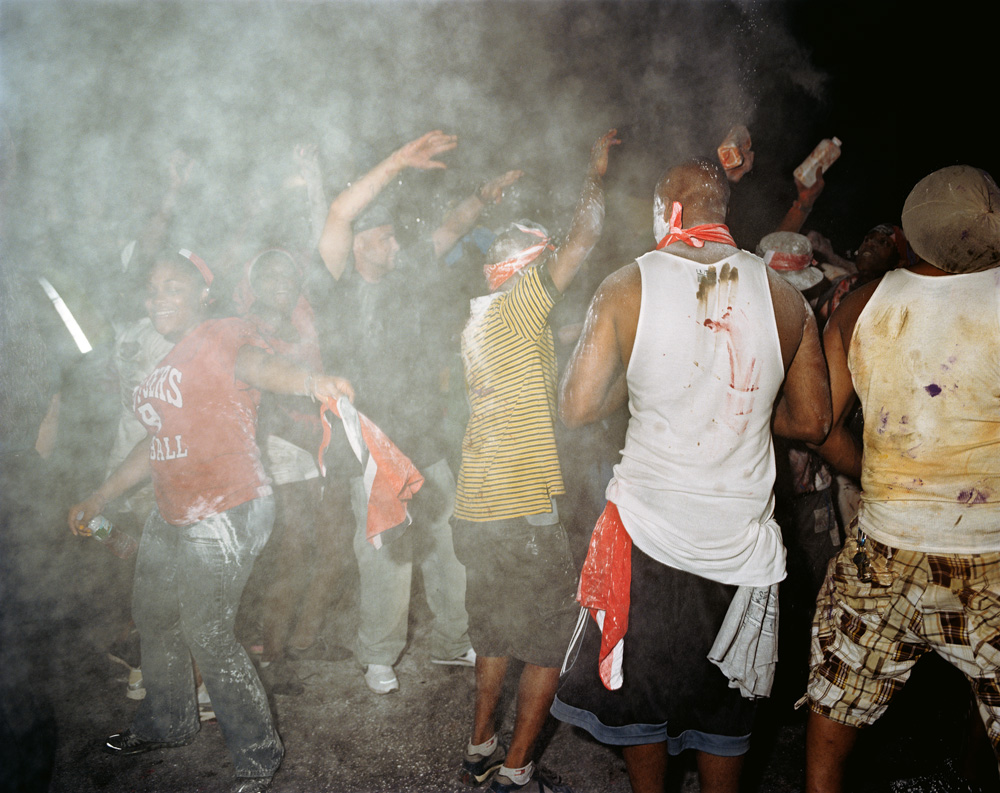
The exhibition comprises diverse examples of artists exploring American history from the civil rights movement of the 1960s to issues of police violence in the United States in the 1990s and today. To respect Enwezor’s wishes for the exhibition to coincide with the 2020 US presidential election, the exhibition catalogue published with Phaidon will be released ahead of the exhibition opening, in autumn 2020, and includes contributions from Elizabeth Alexander, Naomi Beckwith, Judith Butler, Ta-Nehisi Coates, Okwui Enwezor, Massimiliano Gioni, Saidiya Hartman, Juliet Hooker, Glenn Ligon, Mark Nash, Claudia Rankine, and Christina Sharpe. The exhibition catalogue was thoughtfully designed by Polymode—Silas Munro and Brian Johnson.
Feature image: Okwui Okpokwasili, Poor People’s TV Room (Solo), 2017. Performance and installation with wood, plastic, raffia, motor, video projection, and light. Performance: Lincoln Center Atrium, New York. Courtesy the artist. Photo Caitlin McCarthy